Everyday Habits Secretly Robbing You of Sleep (Are You Doing Them?)
Tossing and turning again? You're not alone. In our non-stop world, truly restorative sleep often feels like a distant dream. But missing out on quality shut-eye is far more than just feeling tired; it's a silent thief robbing you of energy, weakening your immunity, impacting your weight, and even increasing risks for serious health issues down the road. What if the culprits sabotaging your sleep are hiding in plain sight? It's time to uncover the hidden factors. We've expanded our investigation to pinpoint 22 surprising reasons why you might be struggling to get the rest you need. Let's explore these sleep disruptors and reclaim your nights!
1. Caffeinated Culprits: Beyond Coffee
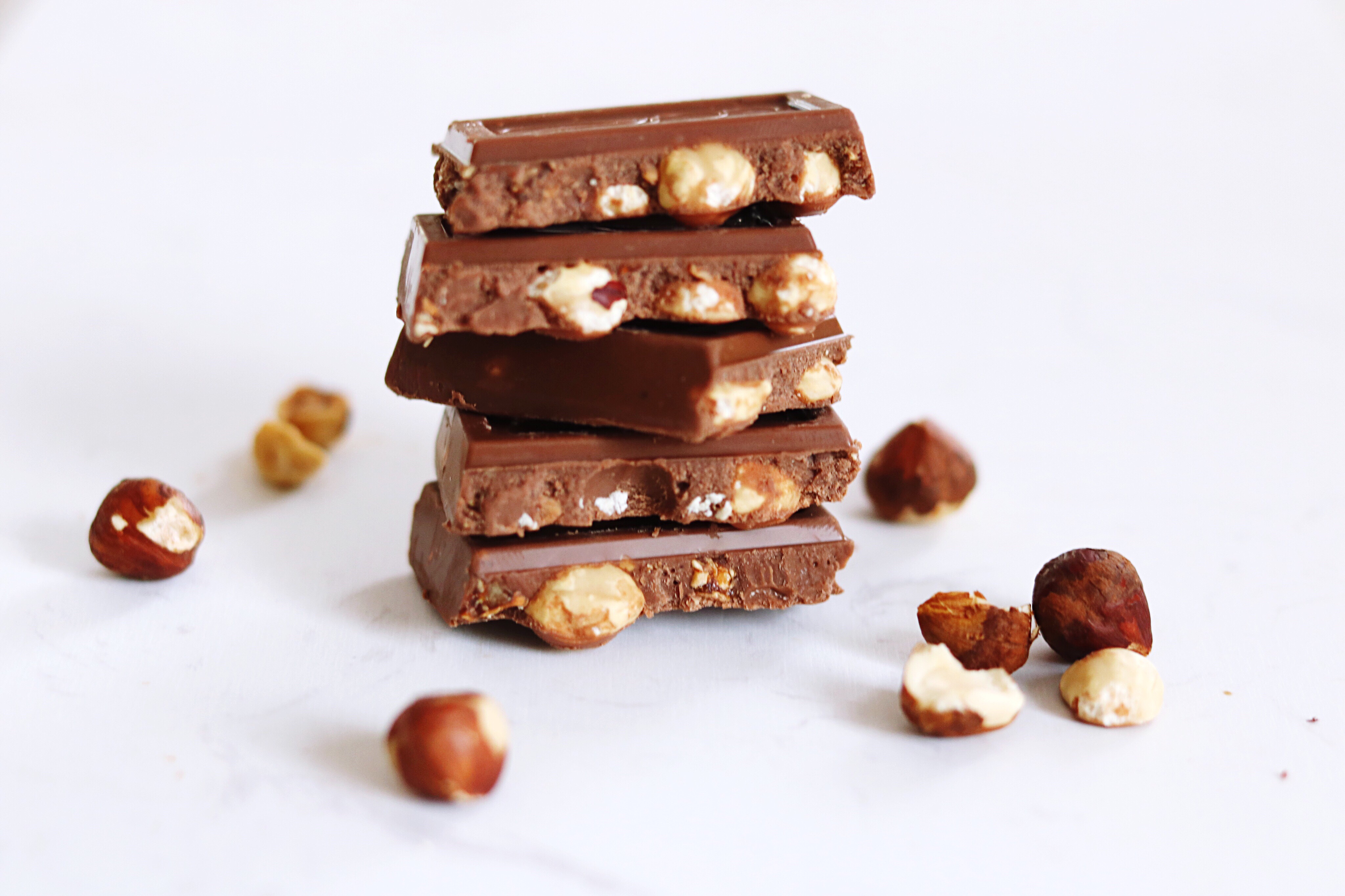
Caffeine is one of the biggest sleep disruptors, but it’s not just coffee you need to watch out for. Sodas, chocolate, energy drinks, and even certain teas contain caffeine, which blocks the brain's sleep-promoting chemicals. Consuming these foods or drinks late in the day can delay your ability to fall asleep and reduce the depth of your rest. If you're sensitive to caffeine, try limiting your intake after lunch and opt for caffeine-free alternatives like herbal teas or flavored water.
2. Alcohol: The Nightcap Myth

While alcohol might initially make you feel drowsy, it interferes with the restorative stages of sleep, particularly REM. This can leave you feeling unrested even after a full night's sleep. Additionally, alcohol is a diuretic, which can lead to frequent trips to the bathroom. To sleep better, avoid alcohol in the hours leading up to bedtime and replace it with calming beverages like chamomile tea or warm milk.
3. Sugary Treats: Sweet Dreams Interrupted

Late-night desserts or sugary snacks can wreak havoc on your sleep. Foods high in sugar cause blood sugar spikes, followed by crashes that may wake you up in the middle of the night. These fluctuations can disrupt your sleep cycles and leave you feeling groggy in the morning. Opt for low-sugar snacks like a handful of nuts or plain yogurt if you need a pre-bedtime treat.
4. Spicy Foods: Turning Up the Heat

Spicy foods like chili, hot sauce, or heavily spiced meals can cause discomfort and indigestion, making it difficult to relax and fall asleep. They may also increase body temperature, which disrupts the natural cooling process your body undergoes to prepare for sleep. For a more restful night, try sticking to mild meals in the evening and avoid adding heat-heavy condiments to your dinner.
5. Fried and Fatty Foods: Heavy on Disruption
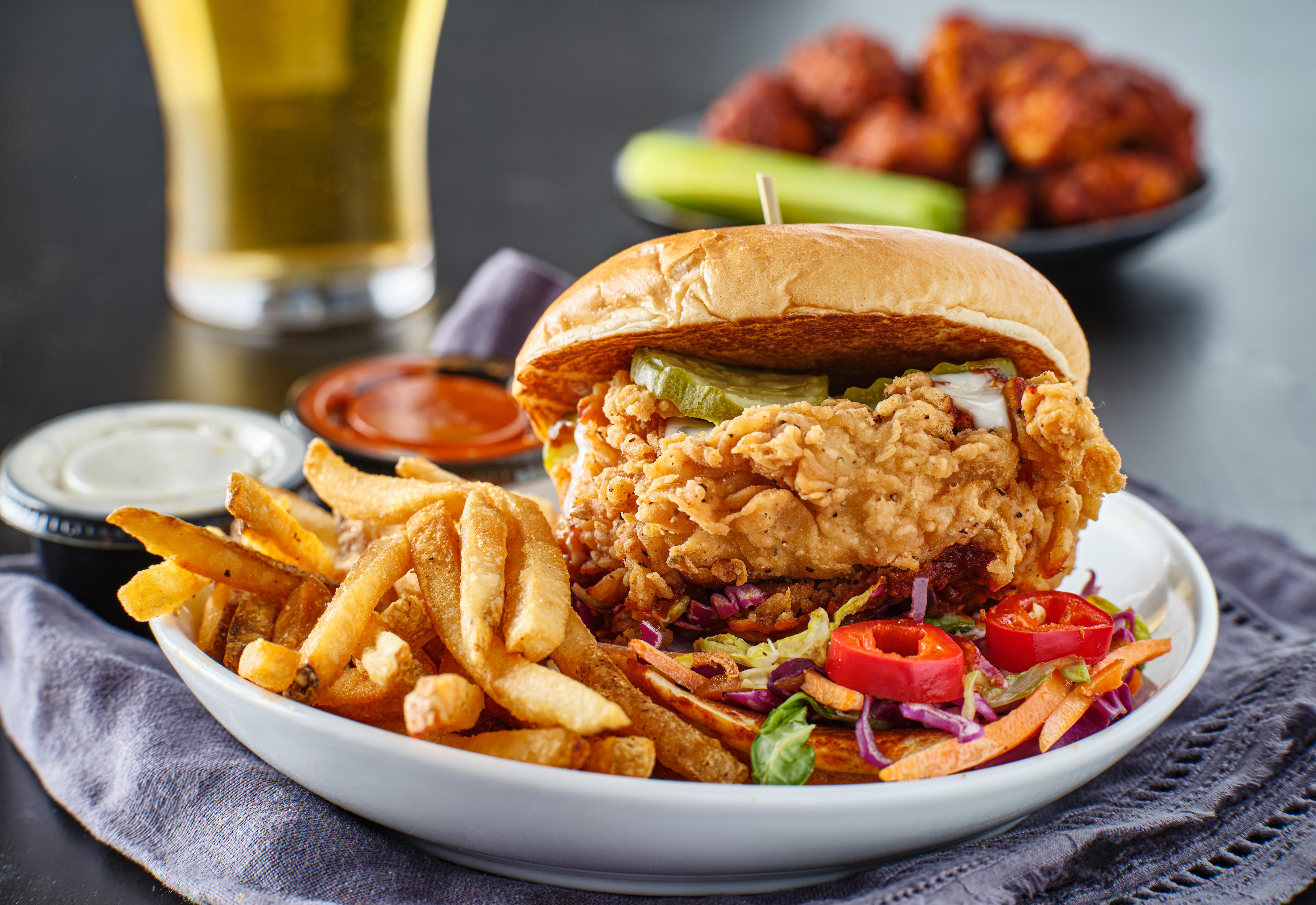
Greasy, fried, or fatty foods take longer to digest, which can leave you feeling sluggish and uncomfortable when you lie down. They may also trigger acid reflux or heartburn, which are notorious for keeping people awake. For better sleep, choose lighter, balanced meals with lean proteins, vegetables, and complex carbs for dinner.
6. Acidic Offenders: Citrus and Tomatoes

Foods high in acidity, such as oranges, lemons, grapefruits, and tomatoes, can cause acid reflux, especially if consumed close to bedtime. Acid reflux can disrupt sleep by creating a burning sensation that makes it hard to relax. If you're prone to reflux, avoid acidic foods in the evening and consider smaller, less acidic snacks before bed.
7. Processed Snacks: Salt and Sleeplessness
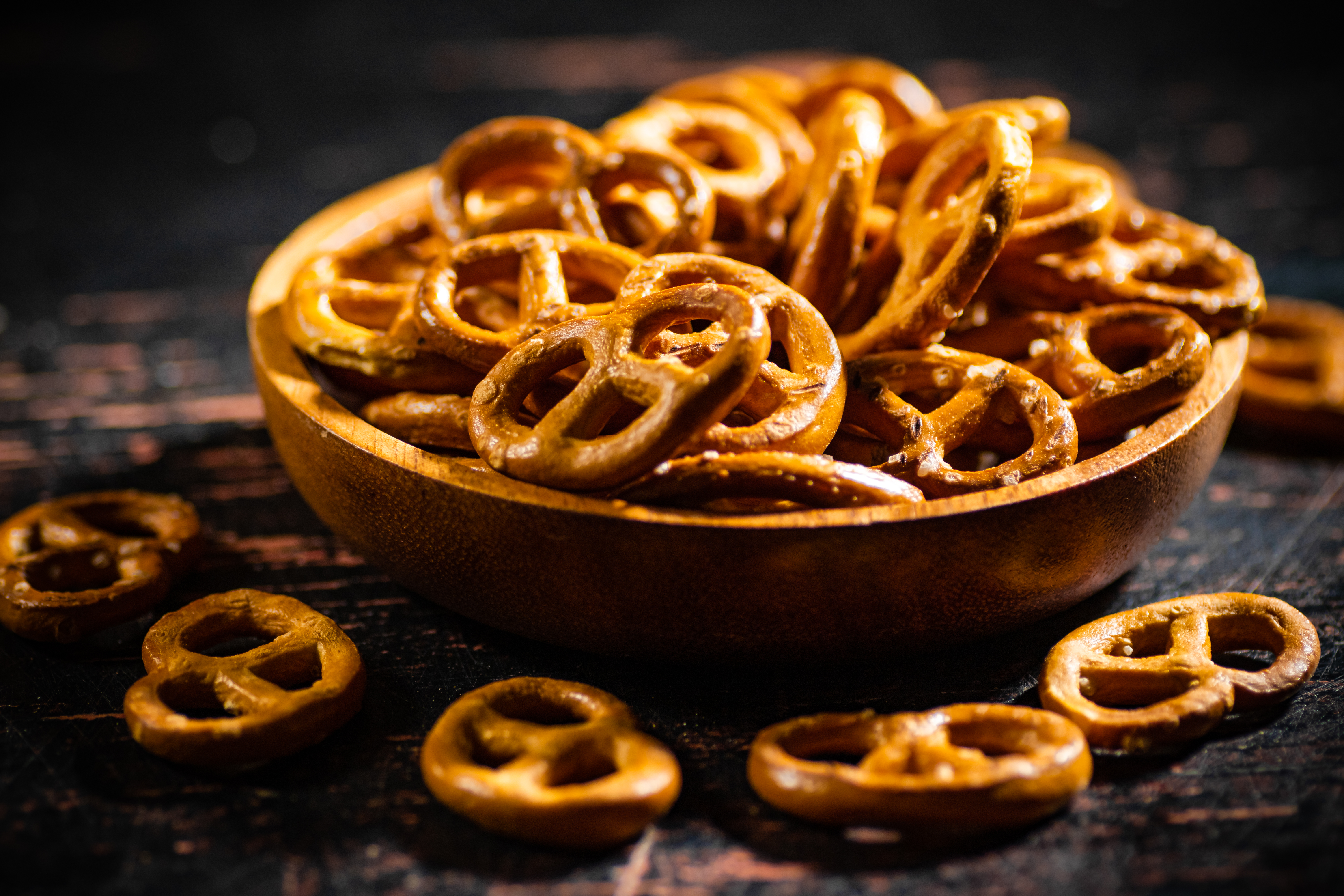
Processed and salty snacks, such as chips, pretzels, or cured meats, can lead to dehydration and increased thirst, which may wake you up in the middle of the night. The high sodium content in these foods can also raise blood pressure, making it harder to relax and fall asleep. Swap these snacks for fresh fruits or unsalted nuts to keep your sleep on track.
8. Hidden Caffeine Sources: Sneaky Sleep Saboteurs

Certain medications, protein bars, and even decaffeinated coffee can contain trace amounts of caffeine that might add up, especially if you're sensitive. Reading labels and being mindful of hidden sources can make a big difference in your sleep quality. When in doubt, opt for products clearly marked as caffeine-free.
9. Tyramine-Rich Foods: Brain Stimulants

Aged cheeses, cured meats, and fermented foods are rich in tyramine, an amino acid that can stimulate the brain and keep you awake. Tyramine increases the release of norepinephrine, a brain stimulant. If you're prone to late-night cravings, avoid these foods in the evening and choose calming options like whole-grain crackers or a banana.
10. Carbonated Drinks: Gas and Discomfort
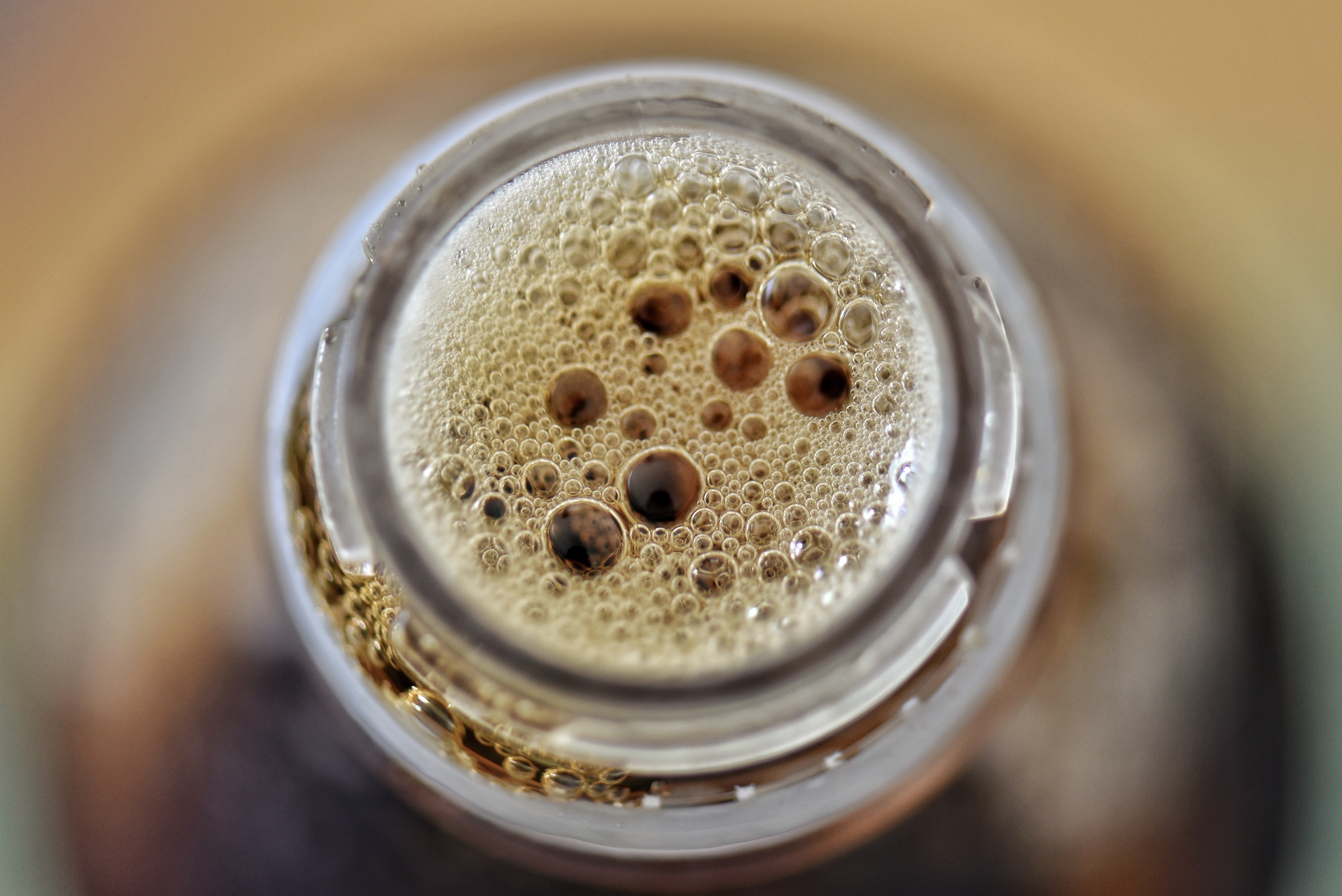
The bubbles in carbonated drinks can cause bloating and discomfort, which may disrupt your ability to fall asleep. Additionally, many sodas contain caffeine and sugar, a double blow to your sleep routine. Replace carbonated drinks with still water or a soothing herbal tea in the hours leading up to bedtime.
11. Red Meat: A Heavy Digestive Load

While rich in protein and iron, red meat is harder for your body to digest, especially late at night. Eating it before bed can lead to discomfort and restlessness as your body works overtime to process the meal. If you’re looking for a protein source for dinner, opt for lighter options like chicken, fish, or plant-based alternatives.
12. Ice Cream: Cold Comfort
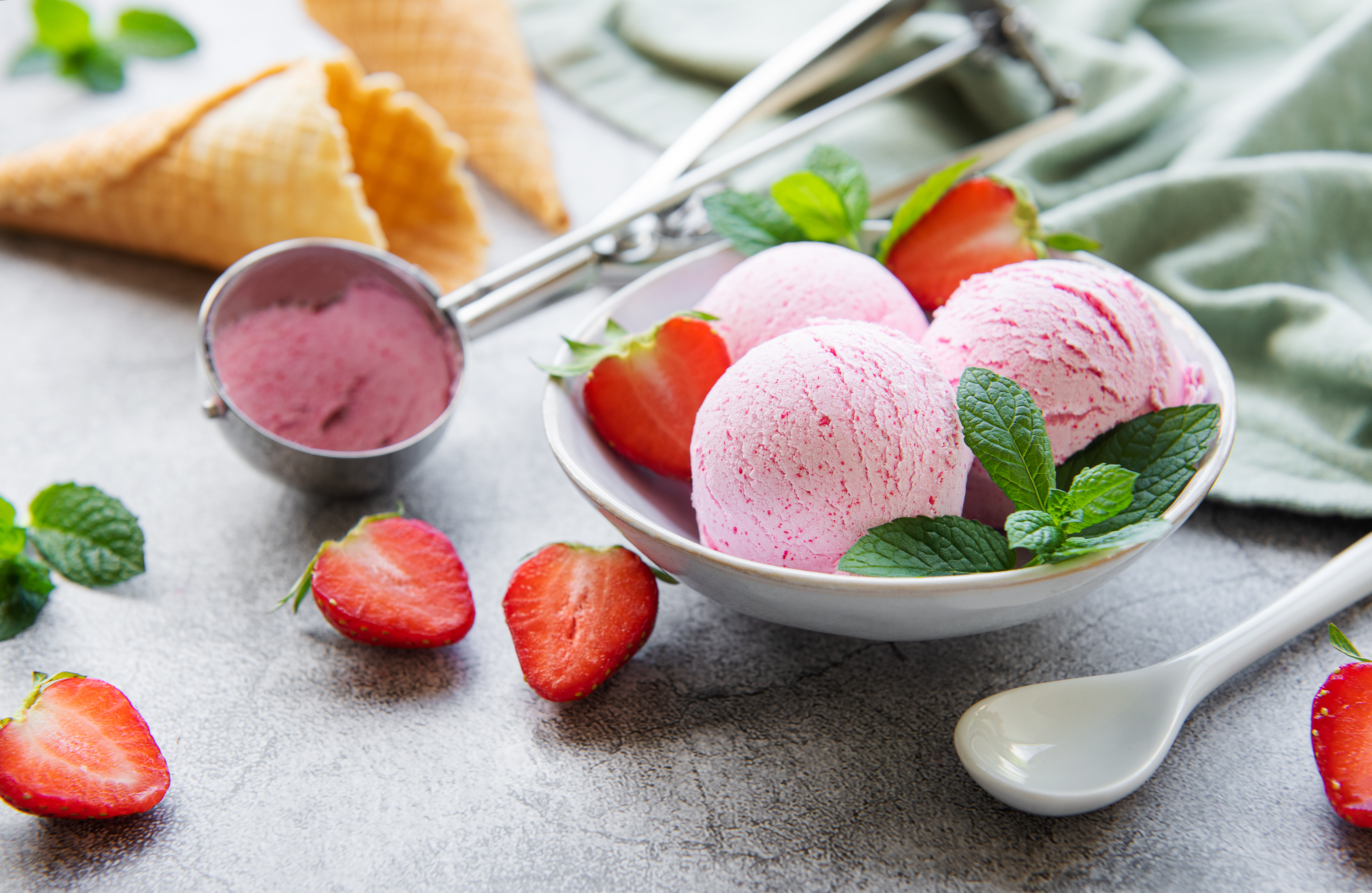
While it might be a comforting treat, ice cream combines sugar and fat—two ingredients that disrupt sleep by causing blood sugar spikes and slow digestion. The cold temperature can also confuse your body's internal rhythm, making it harder to transition into sleep mode. If you’re craving something creamy, try a low-sugar yogurt or a frozen banana blended into a “nice cream” alternative.
13. Your Inconsistent Sleep Schedule: Social Jetlag

Think staying up late on weekends and sleeping in doesn't matter? Think again. Even shifting your sleep schedule by an hour or two creates "social jetlag," confusing your body's internal clock (circadian rhythm). This inconsistency makes it harder to fall asleep on Sunday night and wake up Monday morning, disrupting melatonin production and leaving you feeling perpetually out of sync. Sticking to a consistent wake-up time, even on weekends, is crucial for regulating your sleep patterns.
14. Your Bedroom's Temperature: Too Hot or Too Cold
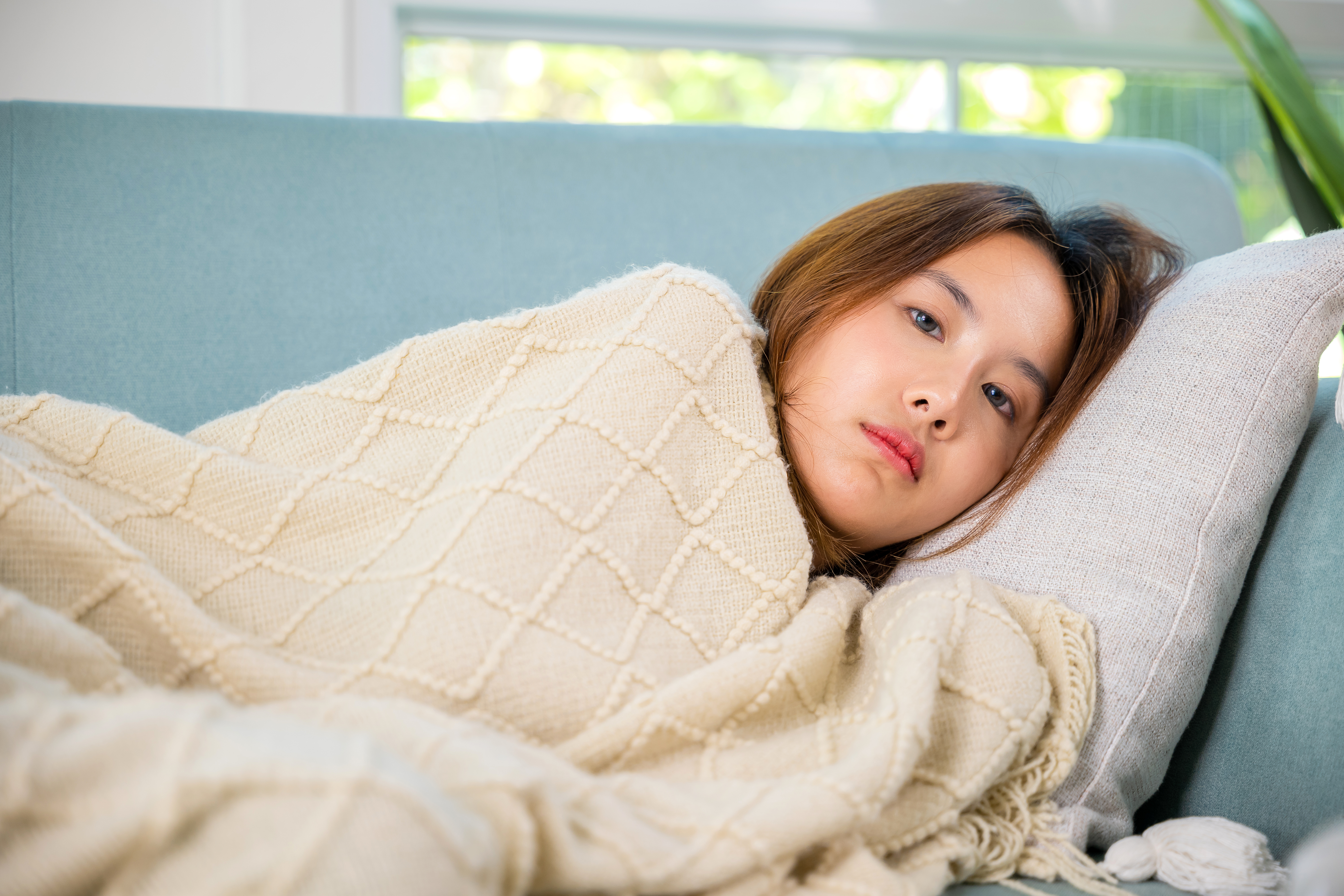
Your body temperature naturally dips as you prepare for sleep, a crucial signal for rest. A bedroom that's too warm interferes with this process, leading to restlessness and frequent waking. Conversely, being too cold can cause discomfort and shivering that disrupts sleep cycles. Experts generally recommend a cool room, around 16-19°C (60-67°F), for optimal sleep. Finding your personal Goldilocks zone – not too hot, not too cold – is key for uninterrupted slumber.
15. Lack of Morning Sunlight: Dimming Your Internal Clock
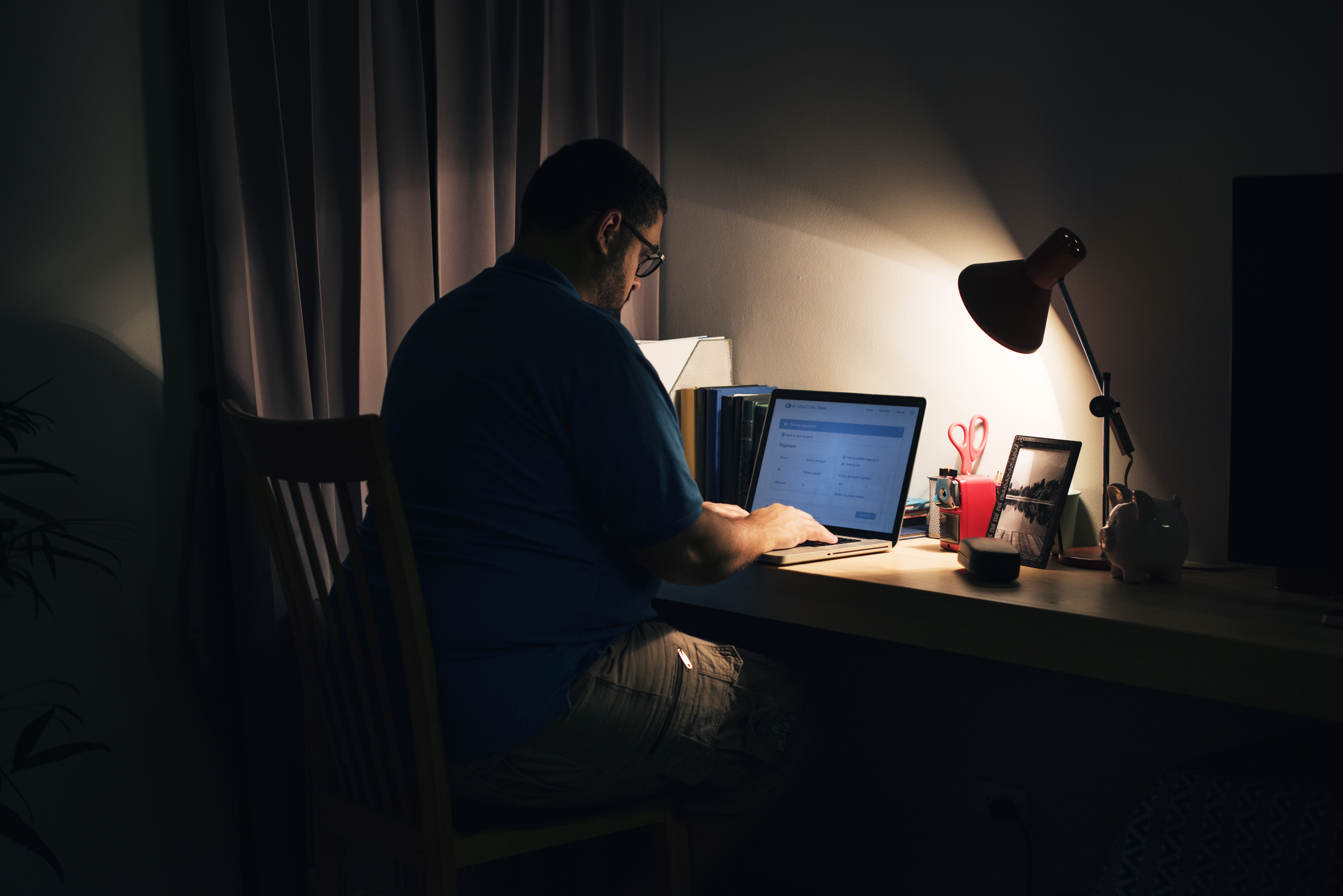
Exposure to natural sunlight, especially within the first hour of waking, is vital for anchoring your circadian rhythm. Morning light signals your brain to suppress melatonin (the sleep hormone) and sets the timer for its release later that evening. If you spend your mornings in dim environments or rarely step outside, your internal clock might drift, making it harder to feel sleepy at the appropriate time later that night. Try opening curtains immediately or taking a short morning walk.
16. Evening Screen Time: The Blue Light Burden

That seemingly harmless scrolling through your phone, tablet, or watching TV before bed is bathing your eyes in blue light. This specific wavelength is particularly effective at suppressing melatonin production, tricking your brain into thinking it's still daytime. This delays sleep onset and can reduce sleep quality. Try implementing a "digital curfew" at least an hour before bed, or use blue light filters and dim screen brightness if devices are unavoidable.
17. Exercising Too Close to Bedtime: Wired, Not Tired

While regular exercise generally improves sleep, intense workouts too close to bedtime can backfire for some. Strenuous activity raises your core body temperature, heart rate, and releases stimulating hormones like adrenaline and cortisol. This energized state can make it difficult to wind down and fall asleep. Aim to finish vigorous exercise at least 2-3 hours before your intended bedtime, opting for gentle stretching or yoga closer to sleep if needed.
18. Underlying Medical Conditions: Silent Saboteurs

Persistent sleep problems might be a symptom of an undiagnosed medical issue. Conditions like restless legs syndrome (RLS), chronic pain (arthritis, fibromyalgia), thyroid disorders (hyperthyroidism), nocturia (frequent nighttime urination), allergies causing congestion, or even gastroesophageal reflux disease (GERD) can significantly fragment sleep. If you suspect an underlying condition, consulting a healthcare provider is essential to address the root cause of your sleep disruption.
19. Certain Medications: Unexpected Side Effects

Many common prescription and over-the-counter medications can interfere with sleep architecture. Culprits can include certain antidepressants (SSRIs), beta-blockers for blood pressure, corticosteroids, decongestants found in cold/allergy remedies, ADHD stimulants, and even some asthma medications. If you started having sleep problems after beginning a new medication, discuss potential alternatives or timing adjustments with your doctor. Never stop prescribed medication without medical advice.
20. Mild Dehydration: A Thirst for Sleep

You don't need to be severely dehydrated to feel the effects on sleep. Even mild dehydration can lead to discomforts like dry mouth and throat, headaches, or muscle cramps (especially leg cramps) that can wake you up or make it hard to get comfortable. Ensure you're drinking enough water throughout the day, but try to taper off large fluid intake an hour or two before bed to avoid nighttime bathroom trips.
21. Mental Overstimulation Before Bed: A Racing Mind
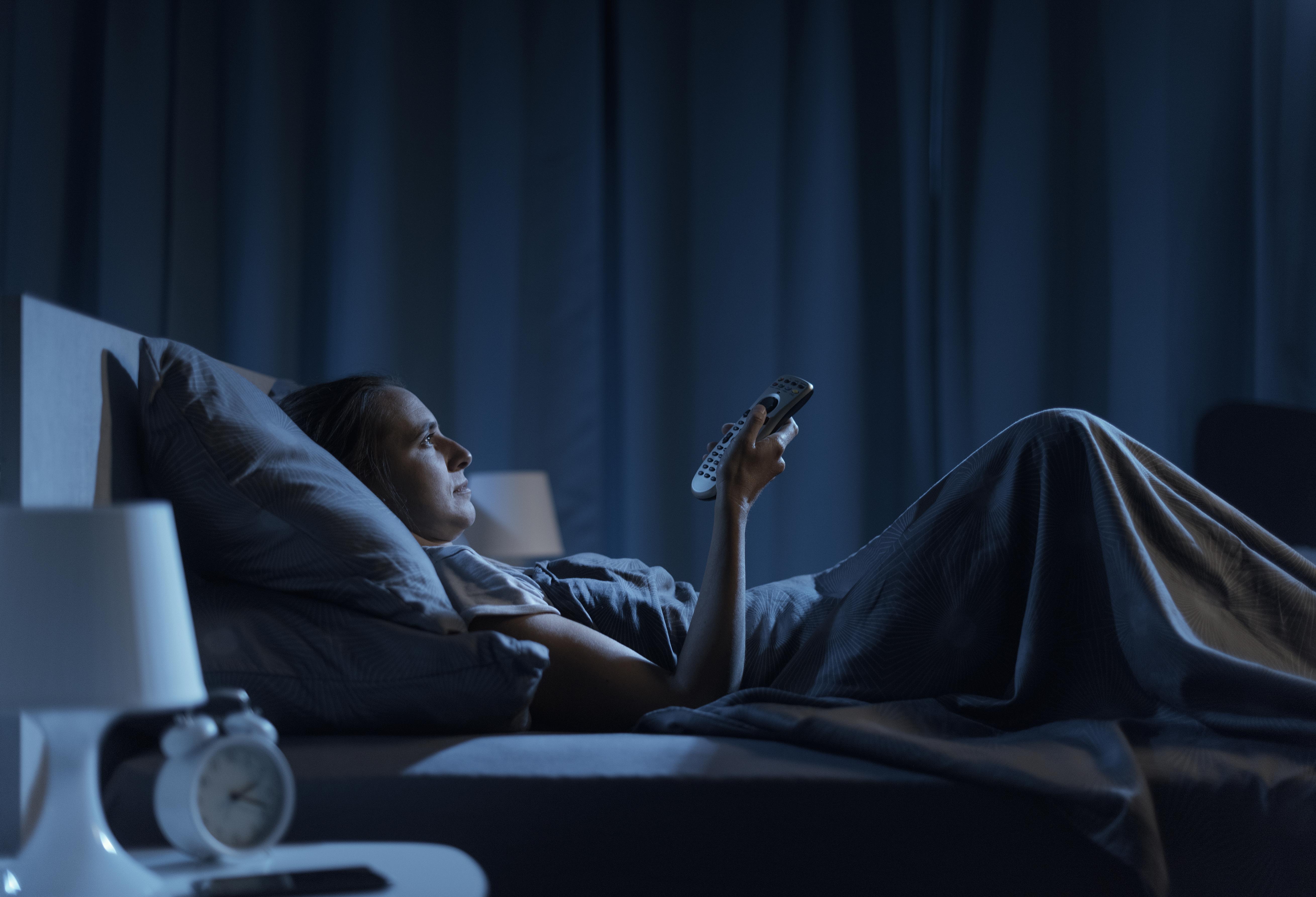
Engaging in mentally demanding tasks, having stressful conversations, watching intense thrillers, or even just planning the next day right before trying to sleep can leave your mind racing. This state of heightened alertness makes it difficult for your brain to transition into sleep mode. Create a relaxing wind-down routine – reading a physical book, listening to calming music, light stretching, or journaling – to signal to your brain that it's time to switch off.
22. Napping Habits: Timing is Everything
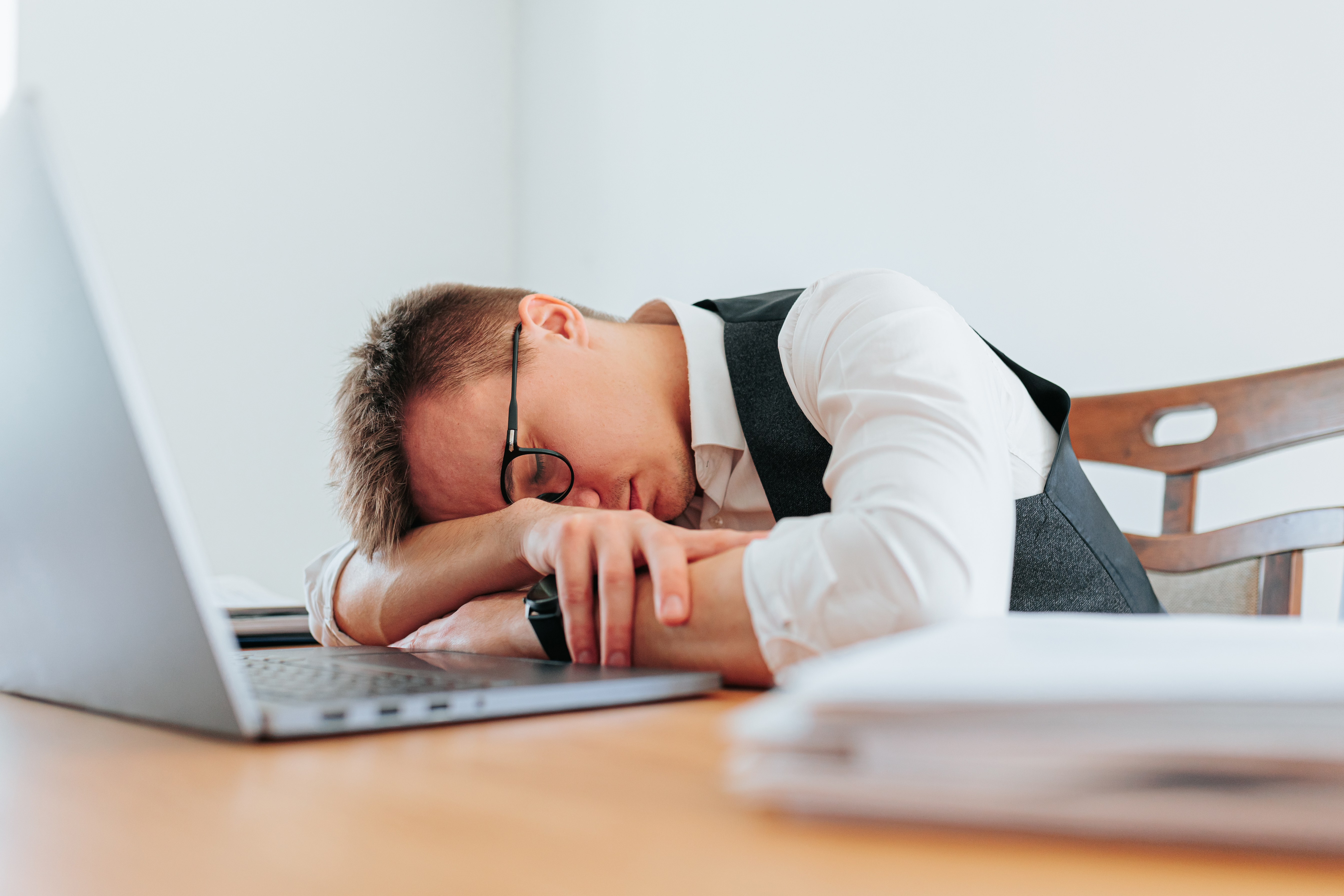
Naps can be beneficial, but timing and duration are crucial. Napping for too long (over 30 minutes for most adults) or too late in the day (after 3 PM) can significantly reduce your "sleep pressure" – the natural drive to sleep that builds throughout the day. This makes it much harder to fall asleep at your regular bedtime. If you nap, keep it short (20-30 minutes) and earlier in the afternoon.
The Power of Smart Food Choices
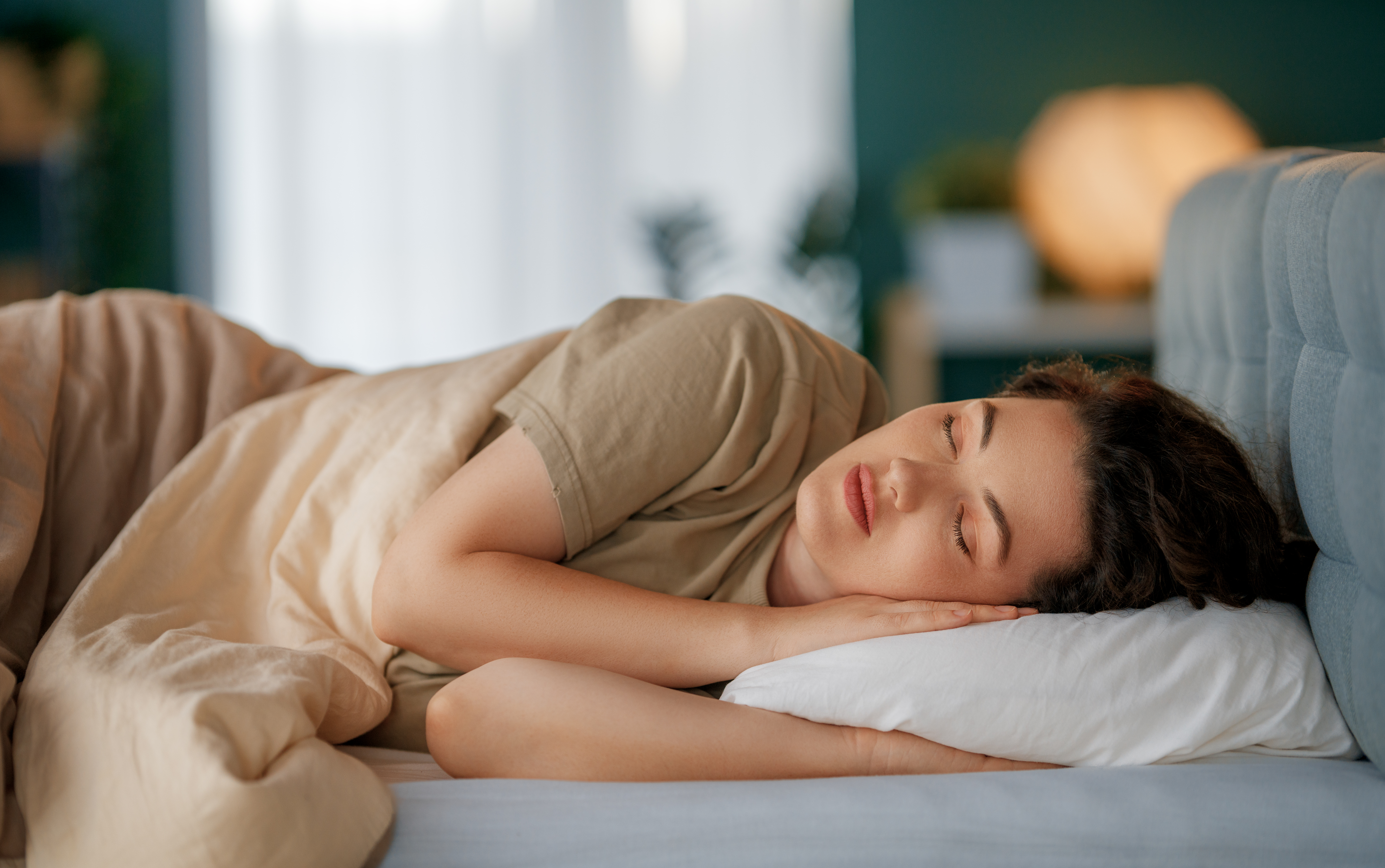
What you eat can have a profound impact on your sleep quality. By identifying and avoiding foods that disrupt your rest, you can create a dietary foundation that supports restorative sleep. Small changes, such as swapping sugary desserts for a handful of nuts or replacing soda with herbal tea, can make a big difference over time. Better sleep starts with awareness and action. By understanding how certain foods affect your body, you can make mindful choices that promote a restful night. Remember, quality sleep is an investment in your health, mood, and overall well-being. Sweet dreams start with smarter decisions, so take the first step today toward reclaiming peaceful, rejuvenating nights.
